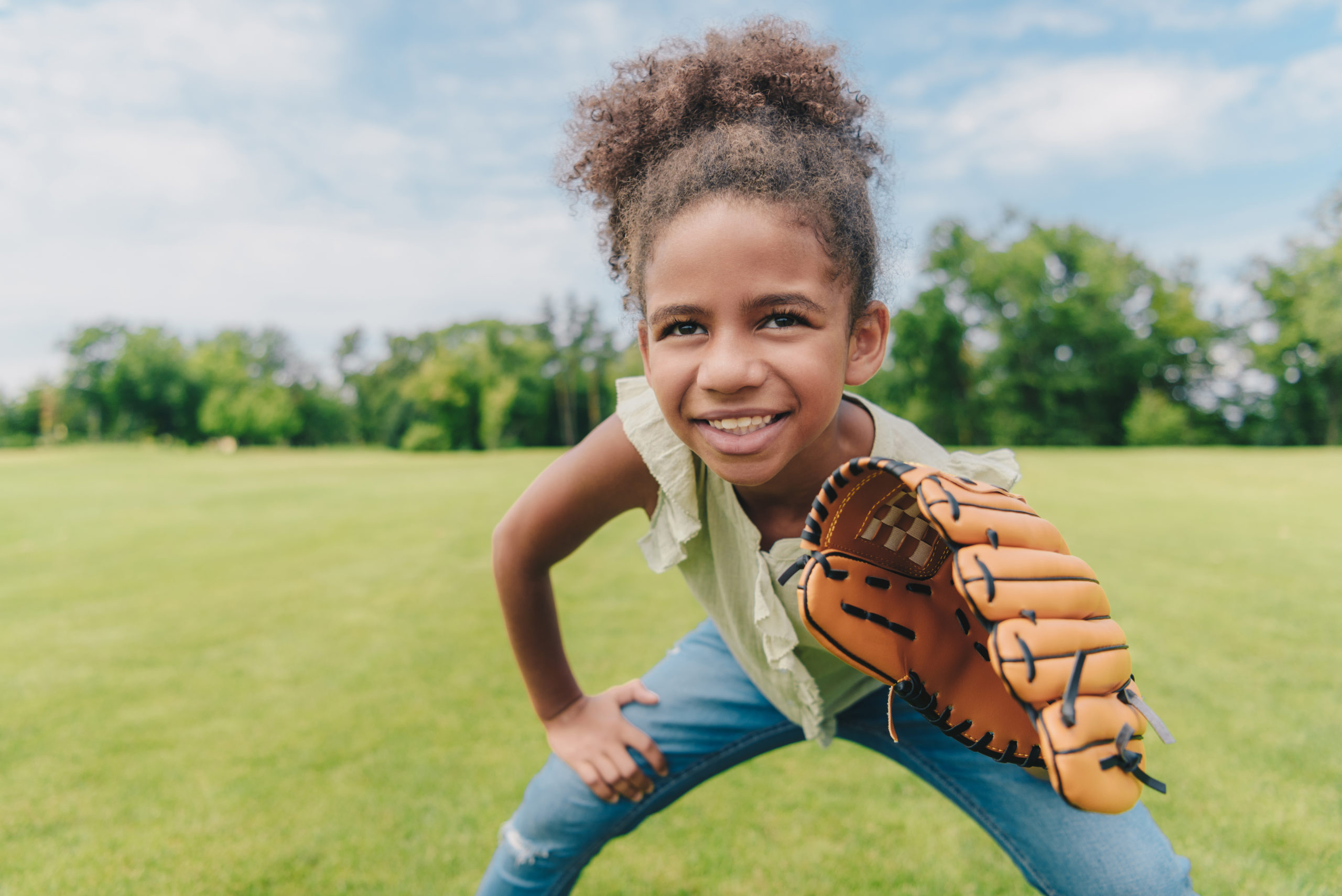Contributor Dr. Elise Herman
Spring is here, the weather is improving and it’s great for kids to be outside, unless your child is itchy, congested, and miserable due to allergies. Seasonal allergies are rare under age 2 years but very common after that, affecting up to 40% of children. If your child struggles with allergies, there are strategies and treatments that can have them happily outside and relatively symptom-free this spring and summer.
Allergies are the immune system’s response to things such as pollens, grasses, dust, cat dander, and more. The immune system makes antibodies called Immunoglobulin E which then cause the release of histamines, chemicals in the body which cause allergy symptoms.

The typical culprits for seasonal allergies are flower and tree pollens (like cottonweed) which cause symptoms from spring through early summer. Grass pollen starts to cause problems in the spring and lasts the entire summer. Ragweed and mold spores (often found in hay) are typically problematic in late summer to fall.
Itchiness is the ‘hallmark’ of allergy and can involve the nose, eyes, and skin. Runny or stuffy nose, sneezing, throat clearing, and itchy pink, watery eyes are common. Children do not develop a fever with allergies. Kids can get raised pink itchy bumps called hives if their skin is exposed to something they are allergic to, like grass. Allergies can make asthma worse, causing wheezing, cough, and shortness of breath.
Allergies are often diagnosed by simply recognizing the symptoms and when they occur. Classic symptoms, which occur in spring and summer and worsen with outdoor exposure, do not need testing to make the diagnosis. Testing is indicated if allergy symptoms do not improve with typical treatments or if symptoms are severe or confusing. Skin testing is usually done in an allergist’s office with results in about 15 minutes. Allergy meds need to be stopped for at least 5 days before skin testing. Blood testing, which is best for kids who cannot stop their allergy meds or who have a skin condition like severe eczema which would make skin testing difficult, looks at the amount of Immunoglobulin E for certain allergens.
So how to help your itchy, allergic kiddo?
There are multiple long-acting over-the-counter antihistamines which are safe and effective. Cetirizine (Zyrtec) is for kids 6 months and older, and Loratadine (Claritin) and Fexofenadine (Allegra) are approved for those 2 years and up. Loratadine and Fexofenadine are non-sedating; Cetirizine may cause mild sedation in a small percentage of people. Benadryl is not ideal since it only lasts 6 hours and typically is sedating.
If an oral medication is not adequate treatment, there are other options including nasal sprays such as Flonase and Astelin, and eye drops such as Zaditor and Pataday. Young kids may resist these at first but become more accepting as they get older. If allergies are severe, allergy immunotherapy (injections) may be recommended by the allergist. For kids 5 and above with severe grass or ragweed allergies, the allergist might prescribe immunotherapy pills that are placed under the tongue daily.
Every kid deserves to be able to get outside this spring and summer! Discuss your child’s allergies with their health care provider for more information.
more about The contributor

Dr. Elise Herman
Dr. Herman is passionate about community health outreach, school programs, and child/family health and wellness. She has more than 31 years of experience as a pediatrician in Ellensburg, Washington, the last 3 with KVH Pediatrics. In 2022 Dr. Herman mostly retired from practice and continues to contribute blog posts and remain a visible advocate for kids in the community.